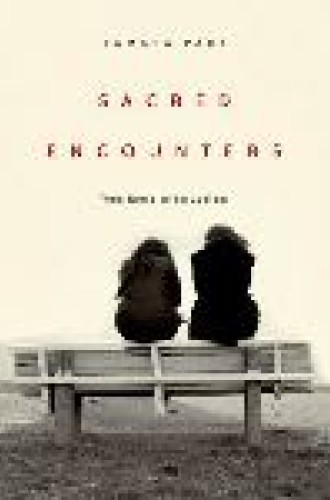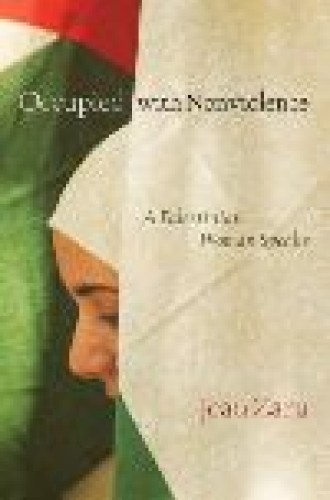BookMarks
Tamara Park went on a low-budget pilgrimage from Rome to Jerusalem with two of her young adult friends. Along the way she asked people to describe God for her. As a Christian with a conservative background—her father worked for Jim and Tammy Faye Bakker when she was growing up—she knew she was taking a risk that her encounters would lead her to an enlarged or even different understanding of God. While the latter didn’t happen, along the way she seems to have changed her mind about Muslims—from thinking they worship a different God to believing that some at least know the same God she knows. Her project of buttonholing total strangers to ask them about how they view God borders on spiritual exploitation, and the responses she gets are usually quite superficial. More compelling are the stories people shared spontaneously, including those from troubled places like the Balkans which were still reeling from the conflicts of the 1990s. The real story is Park’s own grappling with God.
Jean Zaru writes as a Palestinian, an Arab, a woman and a Quaker Christian, and each of these identities is important to her perspectives. Much of this book could be read as a lament for the way the policies and practices of Israel have made life difficult if not unbearable for Palestinians and have fostered extremism and terrorism. As a Quaker, she tries “to see the light that is of God in each person,” and she works for justice for her people through nonviolent means.






